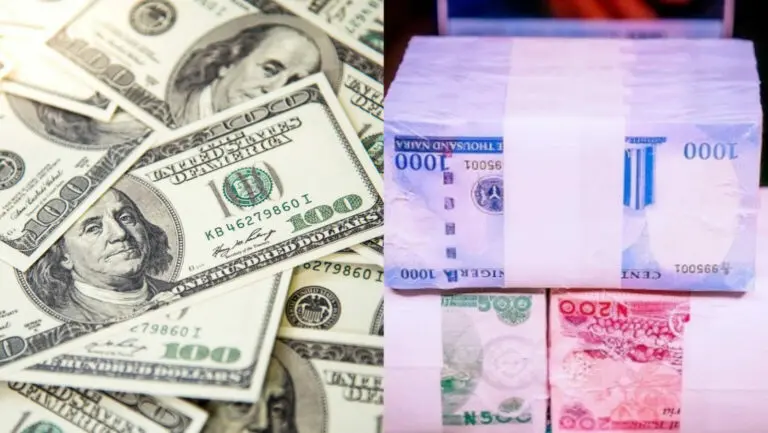Currencies
Breaking: Naira tumbles against the dollar, trades at N925/$ at black market

The Naira weakened significantly against the US dollar on the official market on Tuesday, market rates published on the FMDQ website showed, although the dollar index fell sharply on Tuesday.
The official market, the naira opened at N769.66 to $1 and closed at N775.34 to $1 on Tuesday. The rate represents a 0.42% drop from 772.12 naira to the dollar, which traded in the previous session on Monday.
A robust demand for the dollar in Africa’s largest economy on Tuesday kept the naira on a decline as it exchanged for 920–925 naira to $1 in the black market. Dealers acquire from willing sellers at N/$915 and sell to willing sellers at N/$920-925.
On Tuesday, the dollar index had its worst day in a month and a half as speculators reduced their positions as JOLTS job postings fell to a 2-1/2 year low.
The index experienced its worst day in a month and a half on Tuesday after currency traders reduced their bets on future rate increases in the United States due to a decline in JOLTS job postings to a 2-1/2 year low.
Pundits anticipate that USD short sellers jump on any data that supports the JOLTS employment report because traders are now sensitive to weaker U.S. data in anticipation of the Fed’s peak rate
The two-year U.S. Treasury yield, which is most affected by expectations for Fed policy, fell as much as 18 basis points (bps) on Tuesday to reach 4.871% before rising to roughly 4.91% during Asian trading hours.
The 10-year yield slightly increased from its low of 4.106% on Tuesday to 4.1354%, which was last recorded on August 11.
The Nigerian naira is the worst-performing African currency this year, falling more than 40% against the dollar as the country takes tough steps to fix its financial situation by eliminating fuel subsidies and reforming the exchange system was widely criticized. In June, the central bank reformed the country’s foreign exchange policy, devaluing the naira.
President Bola Tinubu is seeking to revamp the economy by scrapping fuel subsidies in place since the 1970s and diverting money to increased investment in education, agriculture, and job creation.

